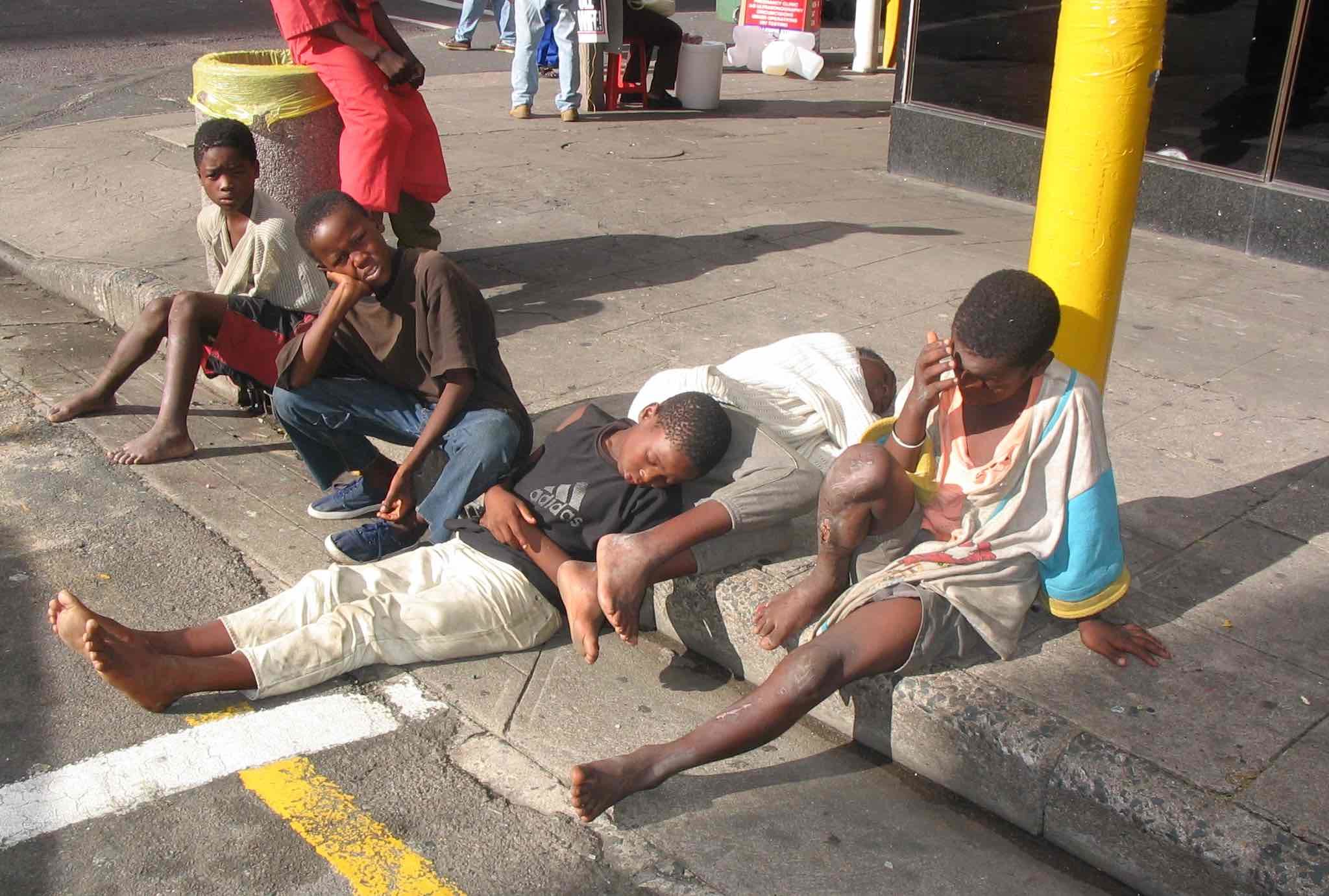AfricaPress-Tanzania: IF you happen to drive through Mwenge in Dar es Salaam, one will not fail to notice the presence of scruffy young urchins sticking they soiled hands in car windows, begging for alms.
We fondly call them ‘children of work, ’, not because they were born to work, but because they were forced by circumstances to live.
There are an estimated 437,500 street children in Tanzania. Many live on the street because of the violence and abuse they suffered at home. Many more face daily abuse on the streets from the police, sex tourists and even each other.
The UN Convention on the Rights of the Child states specifically that children have the ‘right to protection from all forms of violence’ yet 75 per cent of Tanzanian youth stated they had experienced physical violence and 25 per cent stated they had experienced emotional abuse during their childhoods.
children of work are seen by the community as hooligans or ruffians and are to be avoided. Some see vulnerable children as orphans the result of their parent’s misconduct as they died of HIV/AIDS. Consequently, they are not given the opportunity to live and act as children.
The vulnerable youth are always mistaken for petty thieves and people who cannot be trusted. Children over time begin to identify with the projections of the community losing in the process their selfdignity.
This in general affects their self-esteem even after being reintegrated back into the community. In the Tanzanian context, visible numbers of street children have been apparent since the 1990s. Various factors have led to this increase.
As in other parts of sub-Saharan Africa, the AIDS epidemic is one of the major factors. According to UNAIDS, about 1.1 million Tanzanian children under 17 years of age have lost one or both parents to AIDS.
It is imperative that street children are given a voice and listened to when creating policies to reduce violence against them.
Follow up studies must be undertaken directly with street children to ensure that recommendations from past studies are being implemented.
With more focus in developing countries on preventing violence and abuse at home, and by reaching out to children already on the streets and providing them with the rehabilitation, education and security they so desperately need, the vast number of children living and working on the streets in the world could be significantly reduced




